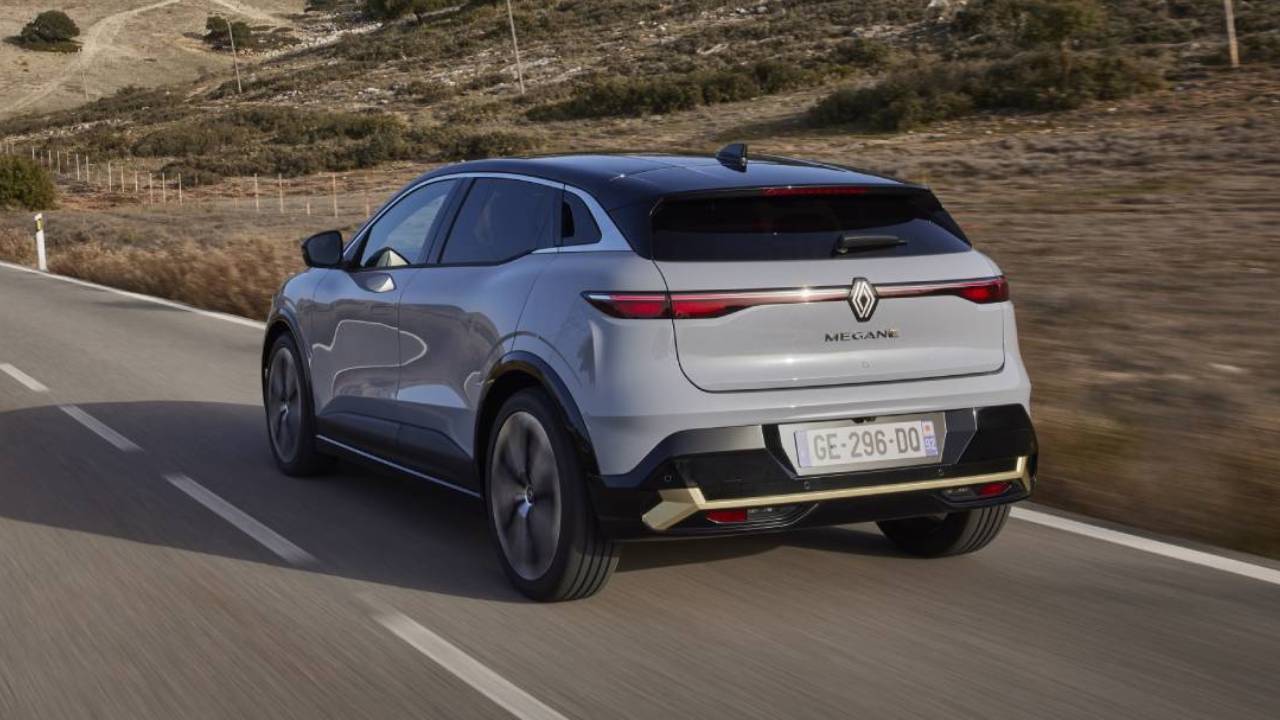Renault is considering plug-in hybrid and range-extender (EREV) versions for its Megane E-Tech and Scenic E-Tech models, which are currently available only in fully electric form.
A hybrid Megane model may be coming
Company executives confirmed the development of a new, multi-fuel platform that will form the basis of the brand’s future C-segment models. This flexible new platform signals a significant shift in Renault’s strategy.

Renault CEO Fabrice Cambolive explained that this platform is primarily built on an all-electric architecture, but is also designed to support plug-in hybrid (PHEV) and range-extender powertrains.
This design offers the company the flexibility to easily deploy additional options if fully electric vehicle sales are slower than expected. Cambolive stated that the all-electric platform has been successful in the B-segment, but that a multi-energy plan is a more suitable approach in the C and D segments, where larger models are located. The new platform is expected to be available around 2030.
Executives haven’t yet confirmed which models the platform will cover, but the timing coincides with the refresh of the CMF-EV-based Megane E-Tech, unveiled in 2022, and the Scenic, arriving in 2024. This means these two models, currently fully electric, could be offered with internal combustion engine-powered options again in the future.
Information about the structure of the hybrid system being developed has also been shared. Cambolive reported that the system will be based on a structure where the electric motors act as propulsion, while the gasoline engine acts solely as a generator to charge the battery.
Cambolive stated, “The logic is in favor of all-electric traction,” adding that this approach will offer drivers an electric driving experience without range anxiety. No details were released regarding the source of the small gasoline engine, but it is believed to be developed by Horse, a joint venture between Renault and Geely.
The new C-segment platform is seen as part of Renault’s overall strategy to increase production efficiency. The company aims to reduce production time to 21 months and costs by 25%, as it did with the recently introduced Twingo model.













